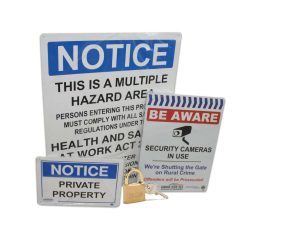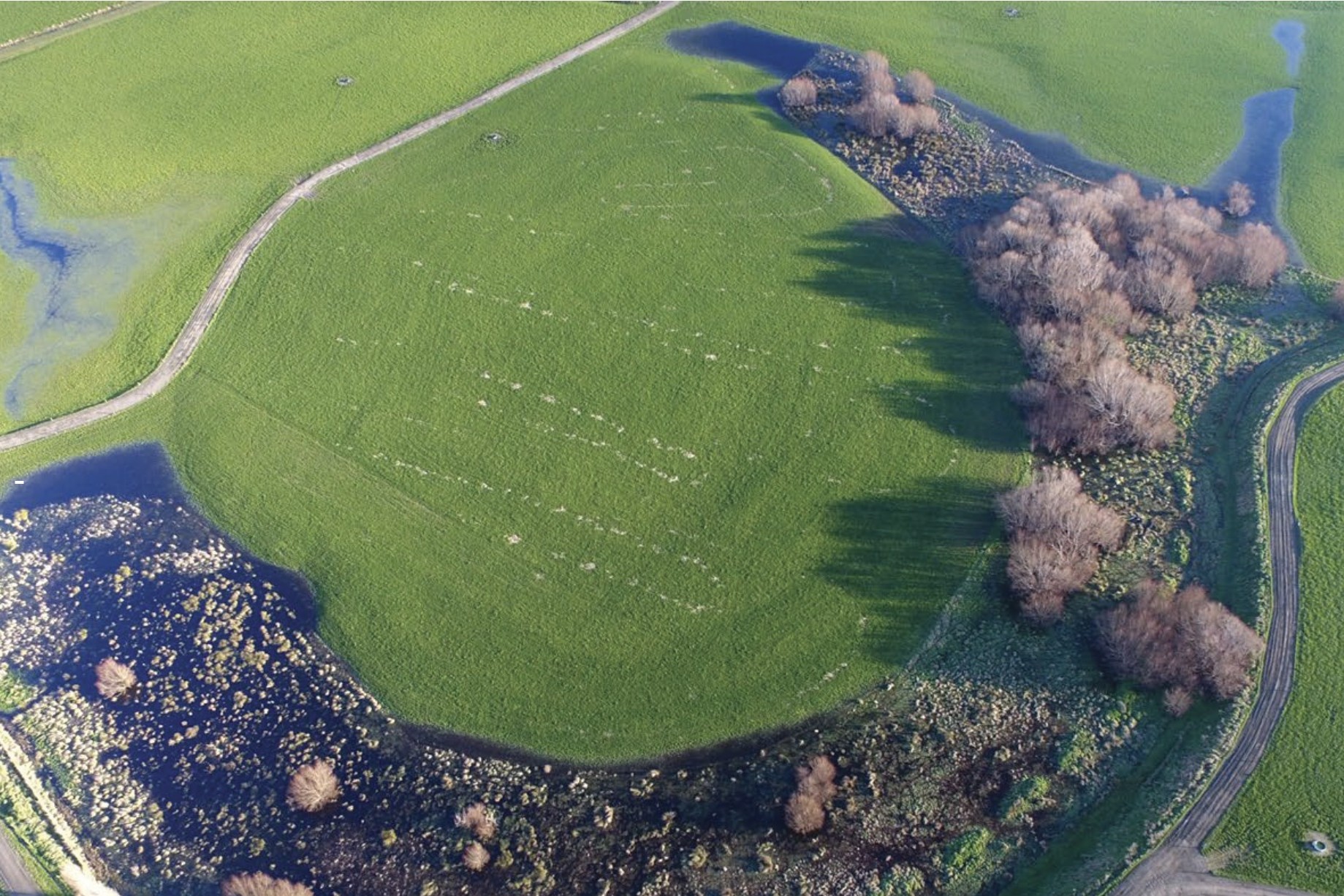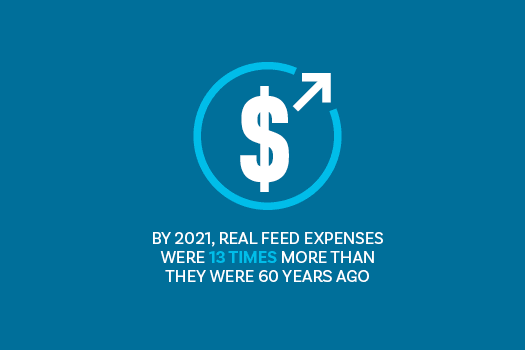Technology lends a hand
Relatively low cost digital technology has brought simple security systems to farm life. Story and photo by Karen Trebilcock.

As it gets tougher out there, those who don’t have enough, look over the farm fence at you.
Farms, because of their isolation, have always been thought of as easy targets. All that fuel, the motorbikes and the stock.
You’ve got hundreds of cows, you won’t miss one, or two, would you?
If anything, it’s probably got a little bit better as fewer people now know where the back steaks of a cow are and how to get at them.
And we’ve also got some seriously cool technology that is also, at last, inexpensive. No longer do you have to rely on the hidden speed bump in the driveway that will stop anyone intent on a fast entrance and exit.
Driveway alerts, which work by sounding an alarm wherever you want including on your phone when a sensor detects motion, are now under $100. The motion sensors can also be attached to floodlights so anyone who shouldn’t be there will be easy to see in the dark.
Small digital cameras, either hardwired into an electrical source, or battery-powered, or better, a mix of both for when the power goes down, are equally as cheap.
They’re also easy to install and set up yourself. You don’t need a security company to do it for you.
Make sure the resolution is good enough to read licence plates in daylight and at night so you can pass them on to the police.
Hidden cameras can’t be destroyed or avoided, but ones in plain sight act as a deterrent so again, maybe have a mix of both.
And even if a camera is stolen or destroyed, what they recorded beforehand will already be safe on your phone or your computer’s hard drive.
Unfortunately, the price and availability of bolt cutters has matched that of technology, and although padlocks are still useful, they can’t be relied upon.
But still, lock everything you need to, at least as a deterrent.
Of course, someone could bring a portable load-out ramp to take your cattle, but at least make it difficult for them by locking your stockyards.
Don’t let people wander on to your property. Make sure your driveway doesn’t look like a public space and there is some sort of barrier between the road and your machinery yard to make it hard for anyone to come in uninvited and look around. It can be as simple as wiring a road gate tightly shut that leads into your swede paddock to stop those not willingly to jump the fence to get their free winter feed, or to stop those wanting to hoon around in your paddock.
Your farm may be isolated but make sure it looks like there are people living there and are often around.
Keep hedges and weeds trimmed, fences maintained, buildings painted so the place doesn’t seem abandoned. And don’t change how things look when you head off on holiday.
A locked front gate, which usually isn’t, is a clear sign no one is home.
Be aware of the times you are regularly away and the house is empty, such as Friday night drinks at the local. These are the times you need to make sure your cameras are charged and working perfectly. But still leave the living room lights on and maybe the TV, turned up loud.
Don’t leave keys in vehicles and consider fitting hidden GPS trackers especially to four-wheel motorbikes. Again, they’re now less than $100.
It’s not uncommon for criminals to steal a farm vehicle and return later to steal the replacement so increase your security if you have been targeted before buying a new bike.
Farm fuel tanks, motorbikes, tractors and everything else that is valuable shouldn’t be left where they can be seen from public roads.
Guns are another target. By law, they must be in a secure cabinet but the last thing you want is someone breaking into your home, potentially endangering your family, looking for them.
Having the gun cabinet in the workshop, along with your drills and angle grinders that could be used to open it, is equally problematic.
Wherever you decide to put it, make sure it’s secured to a wall so the whole cabinet can’t be stolen, and that it’s out of sight. You don’t want someone popping in for a cup of tea noticing it and then mentioning it to someone else. Photograph all your guns, including their serial numbers, in case they do go missing so you can give that information to the police.
Riparian areas, especially now we’ve planted them in trees and shrubs, can easily become targets for cannabis growers and are often accessible from public roads.
Make sure you take occasional detours through them while getting your cows in for milking so you know what is happening there. Left behind equipment, such as possum traps, spades and even clothing, is a sure sign someone is entering your property.
Poaching of wild deer is difficult to stop, especially as you’re always dealing with someone with a firearm. At all times play it safe.
Look after your boundaries, put up signs saying it’s private property and install cameras, especially in areas where poachers could park. Faces can be hard to distinguish, but not licence plates. Make sure the signs and cameras are high enough that they can’t be torn down. And replace them regularly so they always look new.
Don’t let it be known in the community that there are deer, or pigs or any other animal or bird that can be hunted, on your property. People will only go after what they know about. When you hear shots fired, ring 111. If your farm is on a quiet road, take note of vehicles you see on it. Anyone considering coming on to your property uninvited will think twice if they see you taking a good look at their face and a photo on your phone of their licence plate.
Also, get to know your neighbours and have their phone numbers. You want to know when someone has been burgled because your place could be next. Encourage those around you to set up their own cameras and have other security measures. If your community is known as a place where it’s hard to steal stuff, it might stay a little safer.





